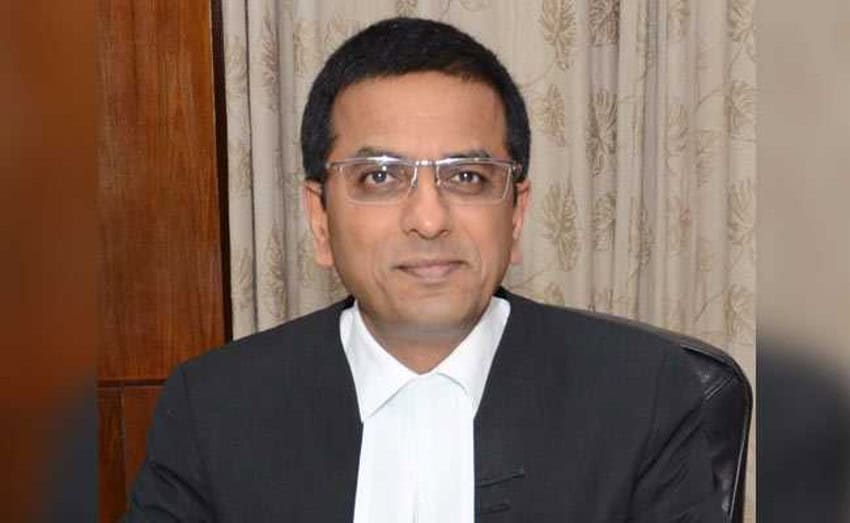New Delhi: Justice D Y Chandrachud gave a powerful dissent regarding Aadhar on Wednesday terming it as unconstitutional fraud, that was illegally passed as money bill in Parliament when it failed to get approval from both the houses which has empowered the authorities to convert India into a surveillance state.
Disagreeing with Aadhar and its violation of rights to privacy of citizens, Justice Chandrachud said it should not have been passed as money bill in the first place when it did not get enough votes in Rajya Sabha, TOI reported.
Referring to Rajya Sabha’s integral role in lawmaking and deriding bypassing of the Upper House, Justice Chandrachud said, “This debasement of a democratic institution cannot be allowed to pass. Institutions are crucial to democracy. Debasing them can only cause a peril to democratic structures. The Act thus fails to qualify as a money bill under Article 110 of the Constitution. Since the Act was passed as a money bill, even though it does not qualify to be so, the passage of the Act is an illegality. The Aadhaar Act is in violation of Article 110 and therefore is liable to be declared unconstitutional.”
He further said that this programme involved Biometric technology of individuals and should have been carried out only after proper measures were taken care of since “once a biometric system is compromised, it is compromised forever. Therefore, it is imperative that concerns about protecting privacy must be addressed while developing a biometric system,” he said.
“On a detailed analysis of the Aadhaar project prior to enactment of Aadhaar Act as well as the Aadhaar Act and accompanying regulations, I conclude that the right to privacy is violated,” he had added.
“The Aadhaar project has failed to account for and remedy the flaws in its framework and design which has led to serious instances of exclusion of eligible beneficiaries. Dignity and the rights of individuals cannot be made to depend on algorithms or probabilities. Constitutional guarantees cannot be subject to the vicissitudes of technology. Denial of benefits arising out of any social security scheme which promotes socio-economic rights of citizens is violative of human dignity and impermissible under our constitutional scheme,” Justice Chandrachud said.
He also said, “Allowing private entities to use Aadhaar numbers under Section 57 (struck down by the majority judgment), will lead to commercial exploitation of personal data of individuals without consent and could also lead to individual profiling.”
Regarding section 7, he said, “The state has failed to demonstrate that a less intrusive measure other than biometric authentication would not subserve its purposes. When Aadhaar is seeded into every database, it becomes a bridge across discreet data silos, which allows anyone with access to this information to reconstruct a profile of an individual’s life. This is contrary to the right to privacy.”

